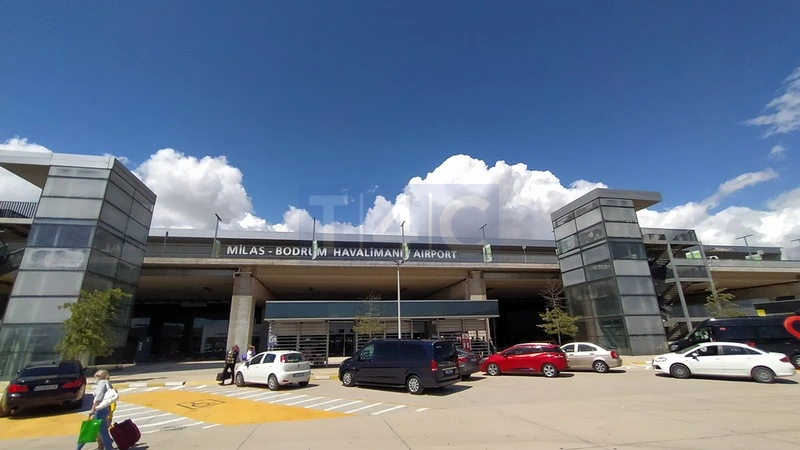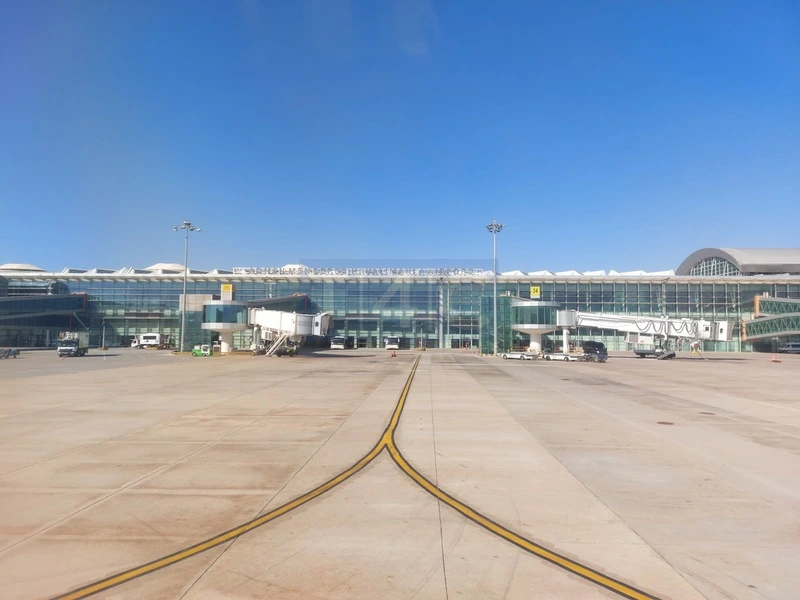Dealing with Unexpected Situations: A Traveler’s Guide
Dealing with Unexpected Situations: A Traveler’s Guide
Traveling can be an exhilarating experience, but it often comes with its fair share of unexpected situations. From flight delays and lost luggage to sudden changes in plans, being prepared can help alleviate stress and ensure a smoother journey. This guide aims to equip travelers with practical tips and strategies to navigate these unforeseen circumstances effectively. By staying calm, knowing your resources, and maintaining a flexible mindset, you can turn potential disasters into mere bumps in the road. Whether you’re a seasoned globetrotter or a first-time flyer, this guide will help you manage whatever travel hiccups come your way.
1. Flight Delays and Cancellations
Flight delays are one of the most common travel disruptions. The first step is to stay informed. Download your airline's app or use flight-tracking websites to receive real-time updates. If your flight is delayed, check for alternative flights or rebooking options immediately. Don't hesitate to approach airline staff for assistance, and consider travel insurance to cover unexpected expenses.
2. Lost or Delayed Luggage
Nothing is more frustrating than arriving at your destination only to find your luggage missing. When this happens, report the issue to the airline's baggage service immediately. Provide them with your baggage claim tag and detailed description of your luggage. Keep receipts for any necessary purchases, as many airlines will reimburse you for essentials. Additionally, consider packing a small carry-on with essentials and a change of clothes just in case.
3. Health Emergencies
Health emergencies can happen anywhere. Always carry a basic first-aid kit and know the local emergency numbers of your destination. If you have pre-existing conditions, make sure to have enough medication and keep prescriptions handy. Research local healthcare facilities before you travel and consider travel insurance that covers medical emergencies. In case of illness, don’t hesitate to seek medical help - your health should always come first.
4. Language Barriers
Language differences can lead to misunderstandings. Before traveling, learn a few simple phrases in the local language or download translation apps. Carry a phrasebook with essential phrases, or use a translation service on your smartphone to help in communication. Always remain patient and polite, as a smile can go a long way in bridging communication gaps.
5. Traveling in Unfamiliar Areas
Getting lost can be daunting, especially in a foreign country. Always have a map or GPS on hand, and familiarize yourself with your surroundings upon arrival. Inform someone of your travel plans and avoid wandering alone in unfamiliar areas, especially at night. If you find yourself lost, don’t hesitate to ask locals for directions; most people are happy to help. Utilize local transportation apps for safe travel options.
6. Natural Disasters
While it’s rare, natural disasters can strike during your travels. Stay updated on weather conditions and have an emergency plan in place. Familiarize yourself with evacuation routes and local emergency services. Keep a small emergency kit with essentials, including water, snacks, and a flashlight, and ensure your mobile devices are charged for communication.
Unexpected situations are an inevitable part of travel, but they don't have to ruin your trip. By being prepared, staying calm, and maintaining flexibility, you can manage these challenges effectively. Remember that travel is about experiences, both good and bad, and how you handle the unexpected can make for memorable stories and lessons learned. Embrace the journey, and travel smart!















